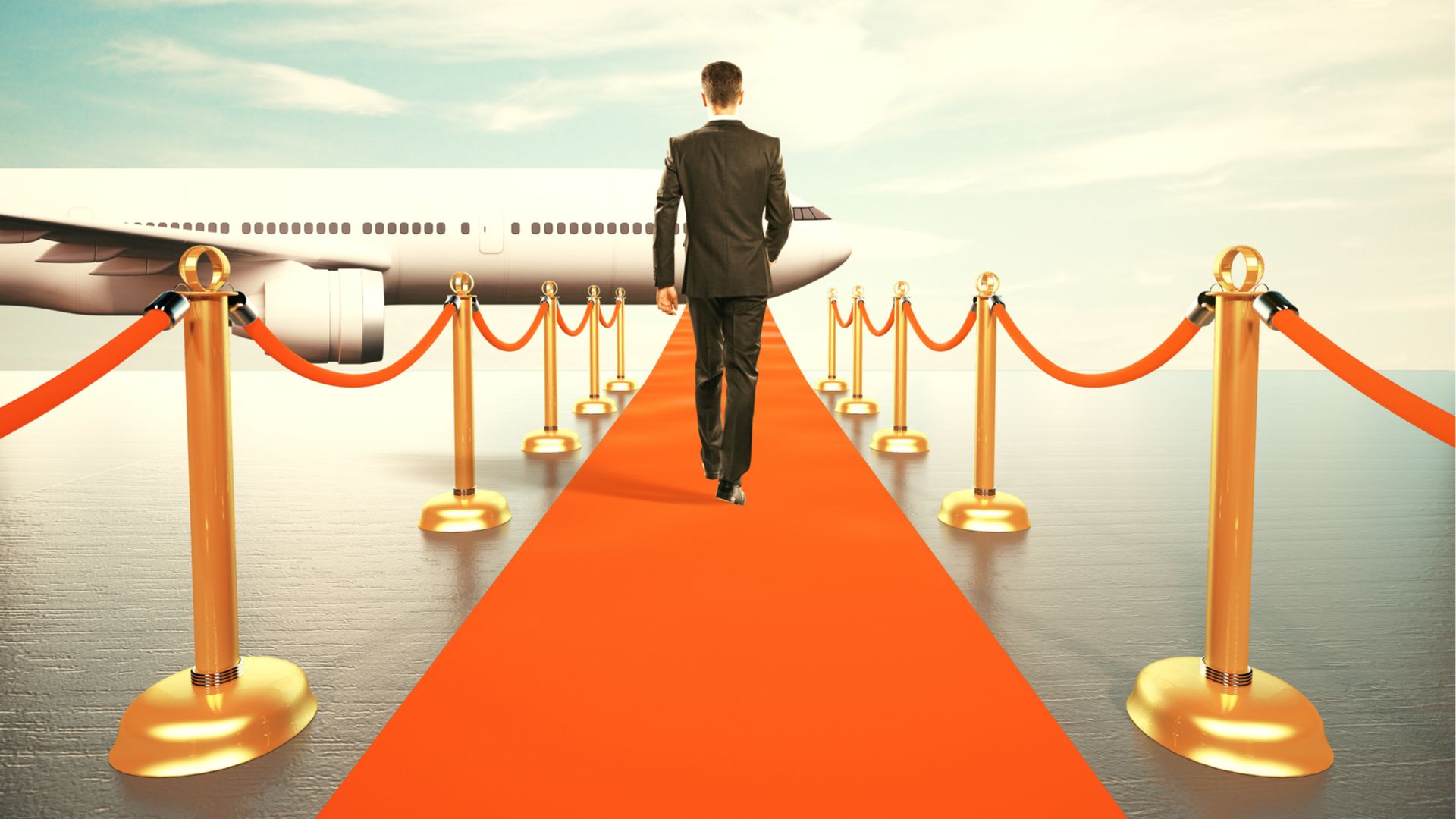Air travel aficionados have long considered China’s big state-owned airlines to be albatrosses when it comes to luxury service. Seats were tightly packed and built for economy flying. Flight attendants were rarely seen or heard. The scent of cigarette smoke often wafted through cabins on long-haul flights. In fact, it wasn’t until January 2019 that China officially banned pilots from lighting up in the cockpit.
Now, however, China is the fastest growing air travel market in the world, and as disposable cash sloshes around a maturing economy, its airlines are striving to cater to a growing elite class of travelers. Airline Quality, which studies airline customer satisfaction using passenger surveys, now ranks two Chinese airlines — China Southern and Hainan Airlines — among its global top 20 (not a single U.S. airline is in the top 20). And China’s second largest airline, China Southern, won “Most Improved Global Carrier” last year.
Meanwhile, two privately-owned Chinese airlines — Hainan Airlines and Xiamen Airlines — have taken turns sharing U.K.-based airline ranking company Skytrax’s rare 5-star rating. The consumer research organization typically anoints fewer than 10 airlines with its highest badge. What’s more, on U.S. and Europe routes, all Chinese airlines now offer fully-flat business class seating and first-class cabins with doors that close, using some of the same seating products as high-luxury global airlines Emirates, Etihad and Singapore Airlines. Customers sitting in first class can expect multi-course dinners, champagne and caviar service. Flight crew even place fresh flowers on bulkhead walls.

Hainan Airlines has upgraded its business-class seats to attract luxury travelers. Photo: Courtesy of Hainan Airlines
Chinese travelers, more than Americans and Europeans, will pay cash out of pocket to fly their families in business and first class. That growing cohort of prestige buyers isn’t buying U.S. airlines’ attempts at courtship, even as American Airlines, Delta Airlines and United Airlines roll out their own upgraded seating and dining services on Chinese flights. Last year, Chinese carriers took over two-thirds of passengers on U.S. routes, according to Michael Boyd, president of aviation consulting firm Boyd Group International. “U.S. airlines are having to drop routes shortly after launch because [Chinese] consumers think the service is better on Chinese airlines,” Boyd said. “Globally, U.S. carriers are in the catbird seat when it comes to accessing this market.”
But fancy seats and meals just aren’t enough to lure China’s elite, according to travel writer Stefan Krasowski. He spent nearly a decade living in China, running the luxury travel site Rapid Travel Chai, and still visits the country regularly. “[Chinese travelers] have different expectations,” Krasowski said. “They expect to be able to use the flight attendant call button when they want a glass of water or a drink refill. Do that on a U.S. airline and the flight attendant comes up and berates you. When [Chinese] service is done right, flight attendants are seen, not heard. Even on Cathay [Pacific], flight attendants will be running around up and down the aisles.”
For China’s newly rich, however, a luxurious image must be apparent not just in the air, but also on the ground. A designated queue just won’t cut it. Posh private entryways, segregated security checkpoints and luxury finishes are becoming the norm for travelers even at smaller Chinese airports. For example, Krasowski points to Nanning International Airport, where business-class travelers enjoy perks available only to celebrities in U.S. cities like Los Angeles and New York. “We had a dedicated check-in hall, separate security, and there were lounges on both sides of the security checkpoint,” Krasowski said.
Overall, Chinese airlines, knowing Chinese customers best, are taking the lion’s share of the world’s largest outbound travel market. For Chinese travelers, the upgraded seats, amenities and airports are just the icing on the cake. While U.S. airlines have poured money into their own premium products, Chinese consumers are leaving them with mostly peanuts.



